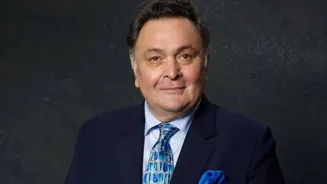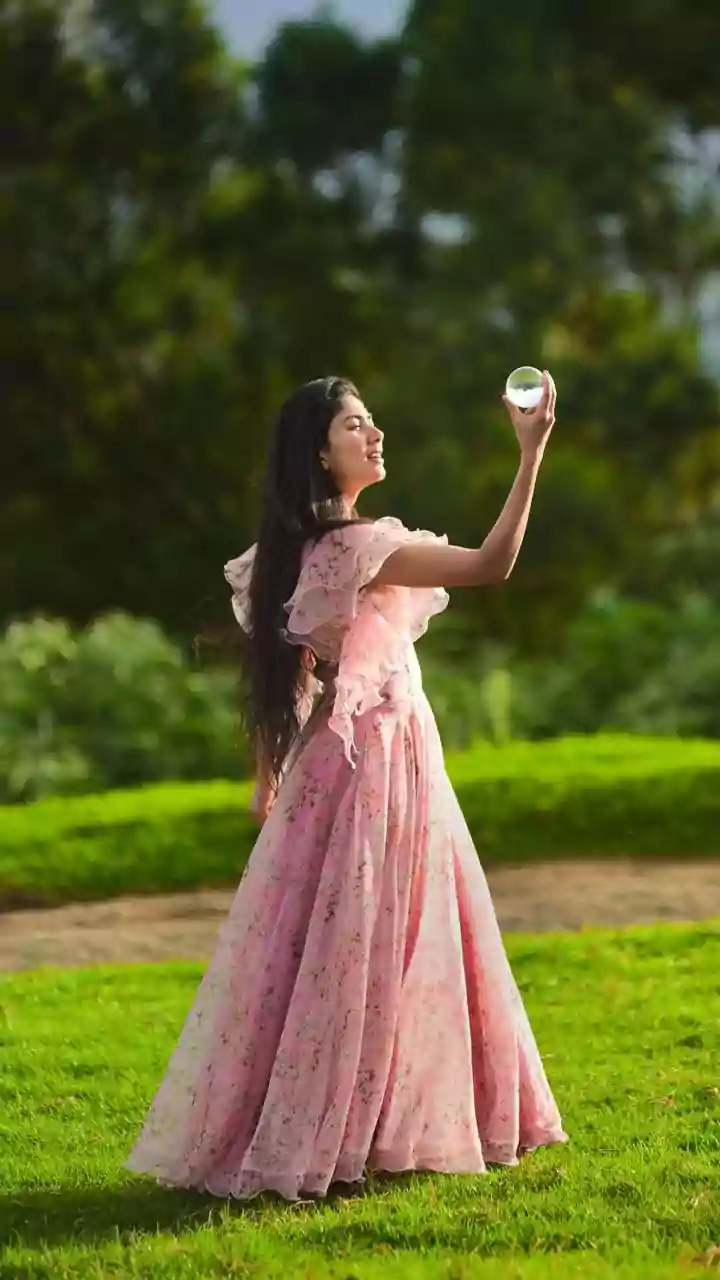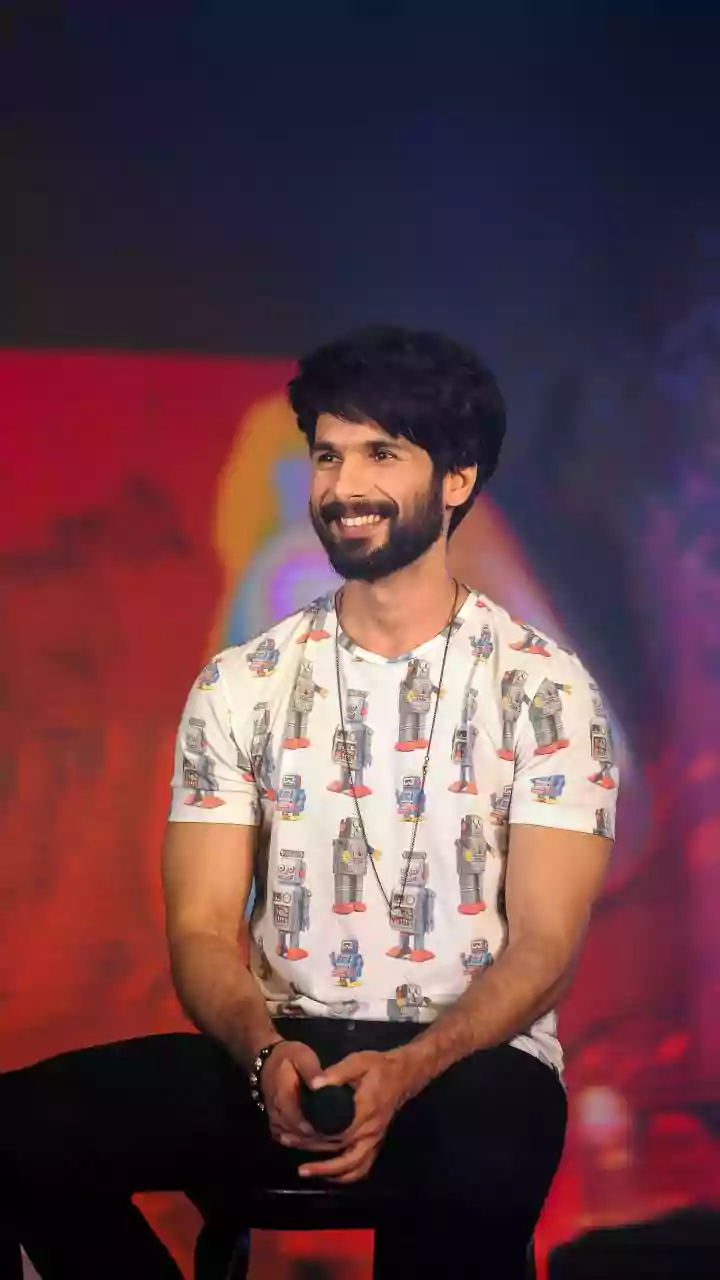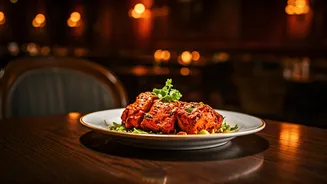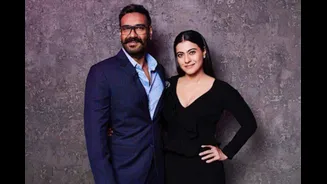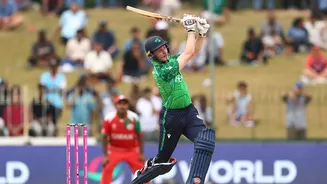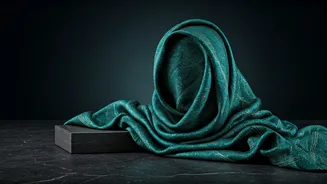If someone ever asked me what were the defining roles of Rishi Kapoor, as a cinephile, I would probably list Mera Naam Joker, Bobby and Damini as some of the most
memorable roles he essayed. But a scion of the illustrious first family of Bollywood – the late Kapoor was more than the few films I listed. Having debuted as a child artist in his father Raj Kapoor’s iconic Mera Naam Joker (though his first appearance originally was the 1955 Shree 420), Kapoor created a legacy of serenading chiffon-clad women amidst picturesque valleys, or wooing them through evocative songs amidst sandy beaches. But Rishi Kapoor should perhaps be best remembered for his remarkable evolution. Spanning over five decades, the late actor’s filmography is a vibrant mosaic of romance, drama, comedy, and gravitas. From the innocent charm of a teenage lover in Bobby to the layered intensity of a patriarch or antagonist, Rishi Kapoor redefined himself over and over again, across generations, genres, and sensibilities.
Rishi Kapoor: The Romantic Hero Who Defined an Era
The late Rishi Kapoor burst into limelight in 1973 with father Raj Kapoor’s Bobby – a film that would go on to redefine teenage love in India – never explored before. Rishi was an overnight heartthrob with his drop-dead good looks and innocent smile and his portrayal of the rich Raj in love with Bobby, a girl from a modest background was fresh, relatable and irresistibly charming. Not only did the film work – setting a blueprint for love stories for years to come – Kapoor, with his twinkling eyes and effortless dance moves became the poster boy of romance in the seventies and eighties.
Rafoo Chakkar, Khel Khel Mein, Kabhi Kabhie, Laila Majnu, Sargam, Prem Rog, and Chandni, among others was a golden run of romantic films that cemented his "chocolate boy" image. And in the 1980 film Karz he added a thrilling twist to his romantic persona playing a singer still haunted by his past life. Be it a tired and tested love story, one of reincarnation, or even with an ensemble cast, Kapoor’s ability to champion vulnerability without losing the ‘hero essence’ helped him carve a niche in an industry that was otherwise dominated by macho narratives.
Also Read: Why Is Lord Ganesha Never The Hero In Our Films?
Rishi Kapoor’s Reinvention
But by the 1990s, Bollywood was going through a tectonic shift with a new wave of actors and changing audience perceptions carving new narratives. Romantic roles that were erstwhile the domain of Rishi Kapoor were drying up, But rather than fading into oblivion or clinging to a bygone image, Rishi did something few actors of his generation dared - he chose the path of reinvention.
Rishi Kapoor’s second innings, which began in earnest in the early 2000s saw him embracing a plethora of character roles each diverse, daring and deeply nuanced. Rishi had always been more than just a romantic hero. But the industry waited a long time to finally get to see it.
Rishi Kapoor’s Emergence As The Character King
Habib Faisal's Do Dooni Chaar, which released in 2010, was perhaps the first film to really show the shift in persona for Rishi Kapoor. Grounded in realism and far removed from the grandeur of his earlier work, his performance was honest, humorous, and heartbreakingly real. Then came the 2012 Agneepath where he shocked the audience with his chilling portrayal of Rauf Lala, a ruthless drug dealer and child trafficker. A role miles away from his earlier clean-cut image, the once chocolate-boy of Bollywood owned it with a terrifying conviction.
In the 2016 Kapoor & Sons (2016), he transformed - quite literally - into the emotional core of a dysfunctional family with Amarjeet Kaur. As the ageing, pot-smoking grandfather Rishi blended comedy, wisdom, and vulnerability into a performance that was both humorous and poignant. And in Mulk (2018), he delivered one of his most powerful performances as Murad Ali Mohammed, a Muslim man battling to clear his family’s name after being accused of terrorism. Rich in socio-political commentary, the film demanded restraint and moral authority - and Rishi delivered.
A personal favourite remains Umesh Shukla's 2018 102 Not Out where after years Amitabh Bachchan and Rishi Kapoor shared screen, this time as a father-son duo. Kapoor’s portrayal of obsessive Babulal, who believes he is too fragile for life touched a chord.
Rishi Kapoor’s Legacy of Reinvention and Relevance
Rishi Kapoor’s later roles remain impactful owing to their variety and courage. He chose to shed vanity, embrace his age and lean into imperfection in an industry that otherwise often sidelines veterans. Rishi Kapoor made himself relevant again -not by fighting age, but by understanding it.
Also Read: Shah Rukh Khan, Manisha Koirala And The Machinations Of Love In Dil Se
Even in his final years, even as he battled cancer, Rishi Kapoor remained hungry for meaningful work. His final films, including The Body and Sharmaji Namkeen (completed posthumously), reflected his continuing commitment to his evolution as an artist.
Rishi Kapoor Remains A Timeless Star
If, nay, when Rishi Kapoor’s cinematic journey is remembered, it will be known as a lesson in graceful adaptation – from being aheartthrob to a character powerhouse. He might have grown older, but as an artist, he grew deeper. He leaves behind a legacy which screams that talent is not static, but rather it evolves, matures and finds new expressions. Rishi
Kapoor dared to change, and in change he remains constant in his cinematic legacy.
